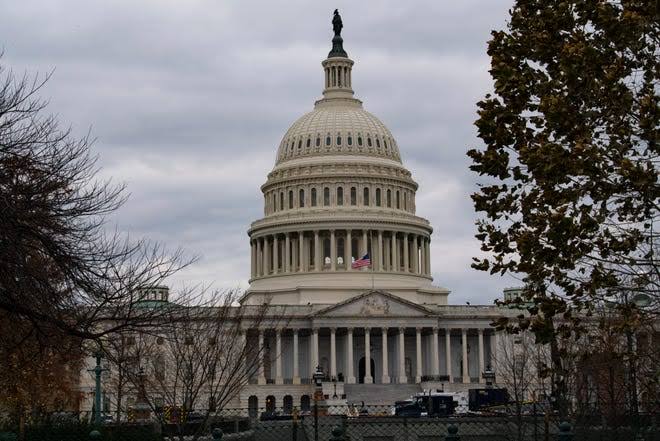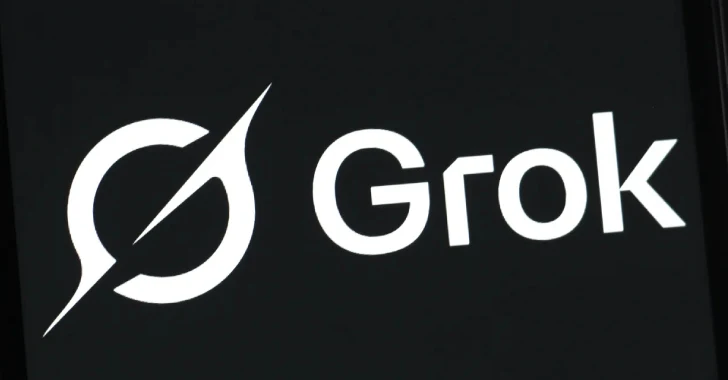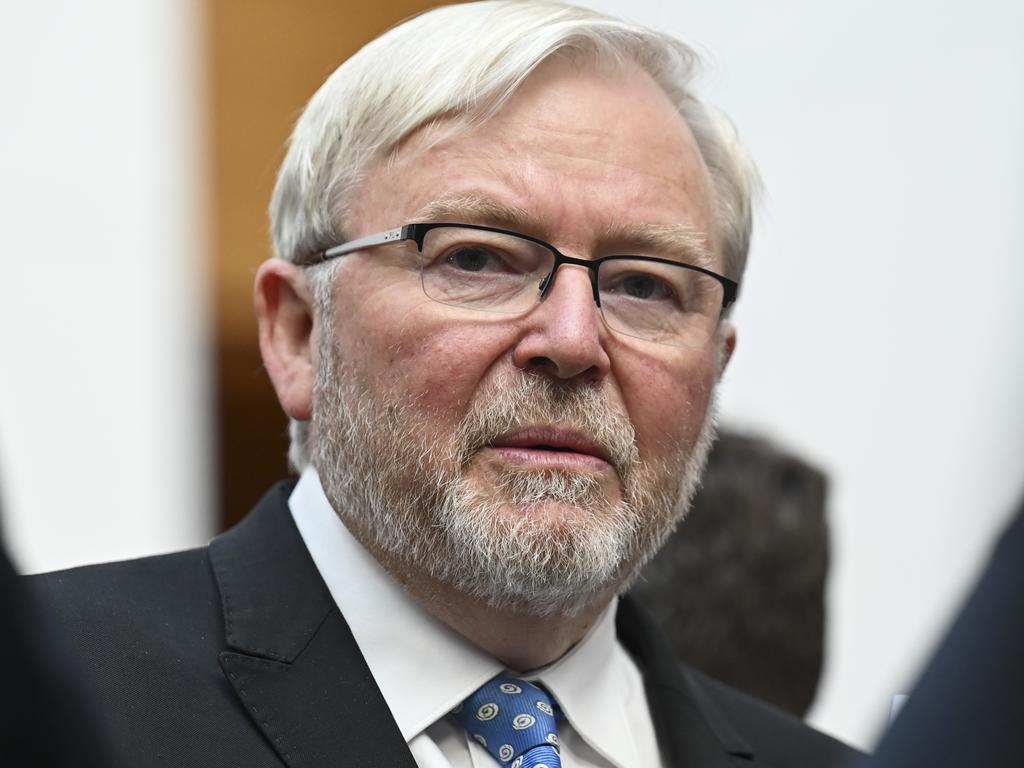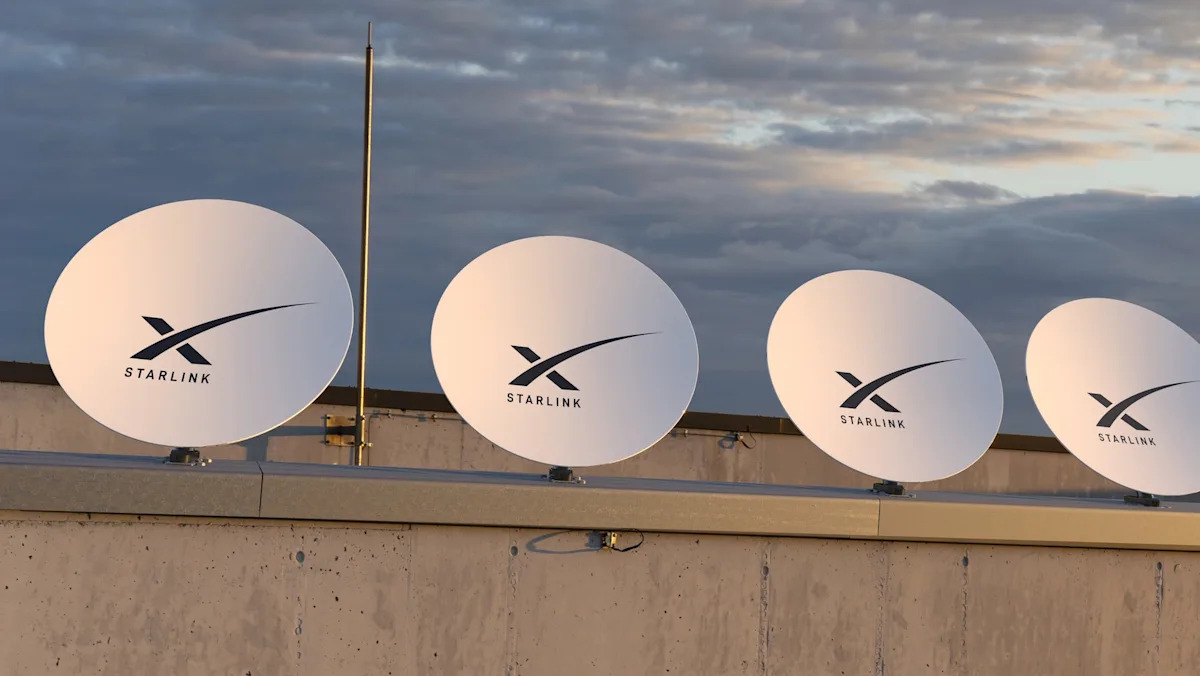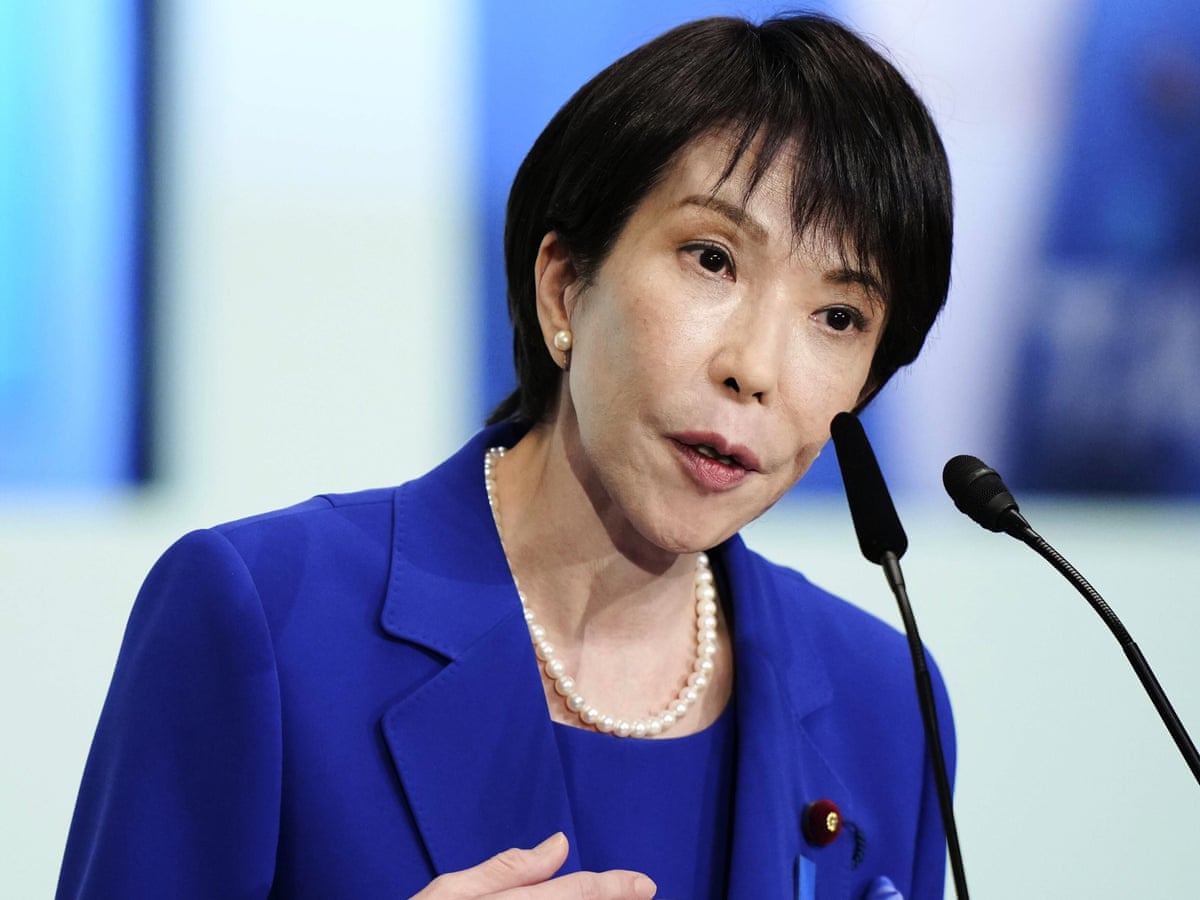With hours left before federal funding runs dry, Washington remains locked in a stalemate. A high-level meeting between President Donald Trump and Democratic leaders ended without resolution, pushing the United States closer to a government shutdown.
The session at the White House yielded more posturing than compromise. “We’re headed to a shutdown because Democrats won’t do the right thing,” Vice President JD Vance declared, accusing the opposition of holding the public hostage to their demands. Democratic leader Chuck Schumer countered that “very large differences” remained, leaving little hope for a breakthrough before Tuesday night’s deadline.
At the core of the impasse lies a clash of priorities. Republicans favor a temporary extension of existing funding, buying seven weeks to negotiate a broader agreement. They have grown comfortable with the status quo, as the administration has already been imposing spending reductions unilaterally. Democrats, however, want that practice curtailed. They insist on securing health-insurance subsidies for low-income families, which are set to expire at year’s end, warning that millions could lose coverage if no deal is struck.
For both sides, the battle is about politics as much as policy. Republicans believe Democrats will shoulder the blame if the government shutters, portraying themselves as the party willing to extend talks while keeping agencies open. Democrats, for their part, frame the fight around healthcare, an issue they believe plays to their electoral advantage.
Read Also: Chinese Fraudster Convicted In Record Bitcoin Case
Looming over the negotiations is a more provocative element: the administration’s own apparent willingness to endure a prolonged closure. A budget office memorandum recently circulated in Washington outlined how the White House could exploit a shutdown to make structural cuts, permanently closing programs deemed “nonessential” and reducing federal employment rolls. Officials cast it as an expansion of earlier efficiency drives, though critics see it as an ideological gambit.
Schumer dismissed the strategy as “an attempt at intimidation.” Yet the calculation in both camps seems clear. Republicans are betting that time strengthens their hand, while Democrats are wagering that public opinion on healthcare will tilt in their favor.
As the deadline approaches, the chances of averting a shutdown appear to be slipping away. Neither side is blinking—and the American public could soon bear the consequences.

